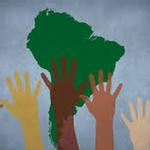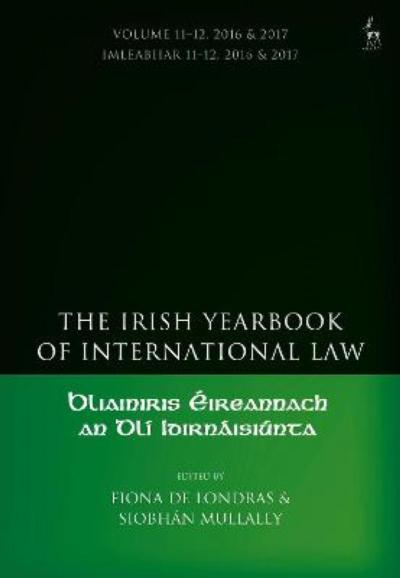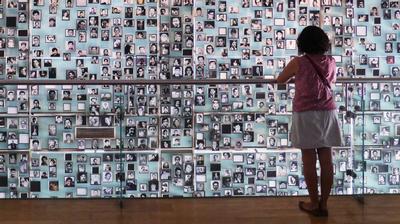Book
| 2011
Judicial independence and human rights in Latin America: Violations, politics and prosecution
In many Latin American countries, former military officers are now facing charges of torture, murder, forced disappearance, and genocide committed under the dictatorships of the 1970s and 1980s. Why is this happening now, years after the transition to democracy? And why are courts in some countries leading the way? This comparative analysis, focusing on the key countries of Argentina, Chile, and Uruguay, explores the complex relationship between executive politics and judicial action, showing that judicial independence is a crucial factor in prosecution. It will engage Latin Americanists as well as all who are concerned with justice and human rights around the world.







